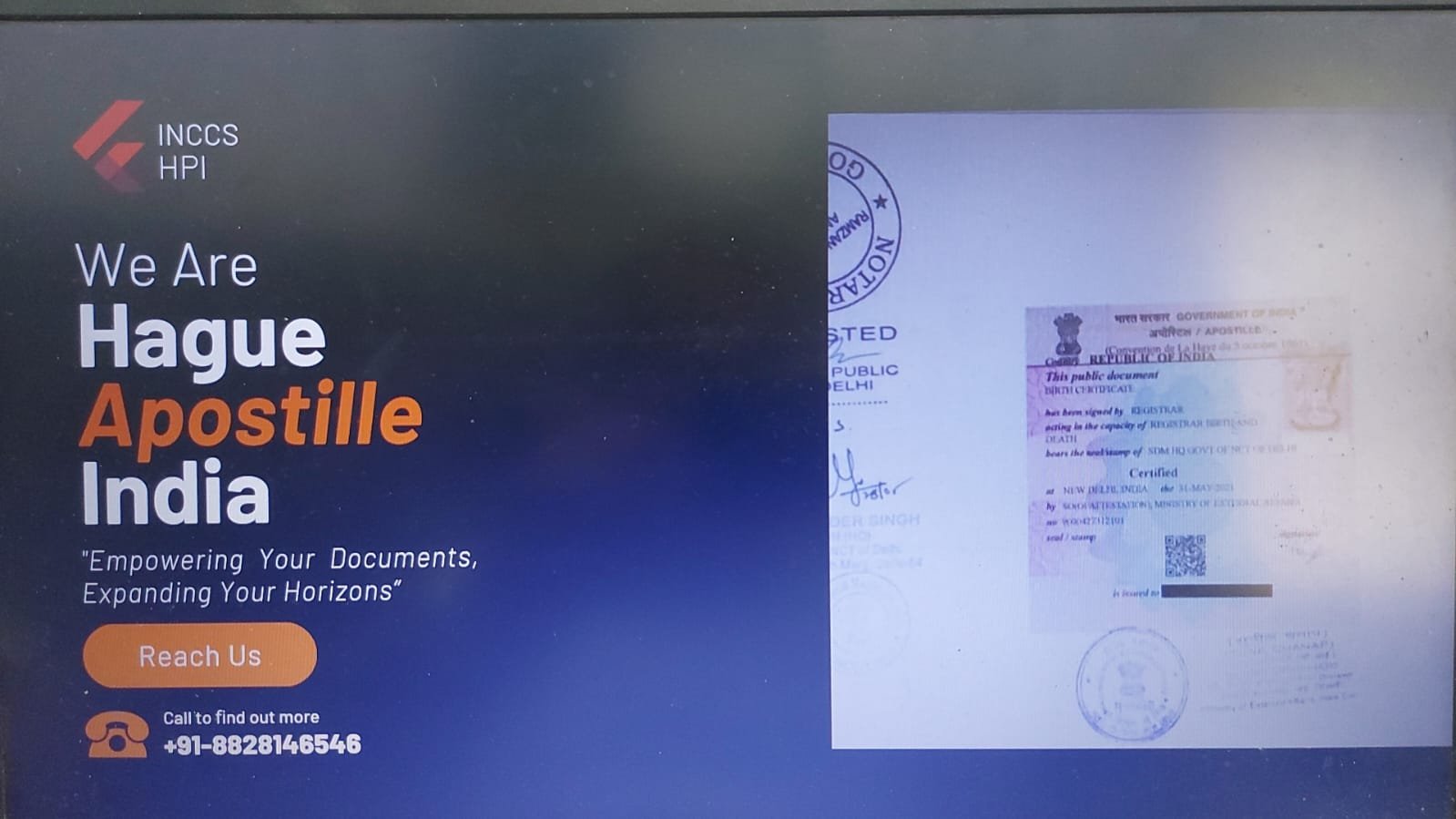A Comprehensive Guide to Hague Apostille Services and Worldwide Membership
Explore the world of Hague Apostille Services and discover a streamlined process for document authentication recognized by over 120 member countries. From personal identification to academic transcripts and business agreements, our services ensure your documents are universally accepted with the Hague Apostille Convention. Beyond member countries, we navigate complexities through Embassy Attestation and Notarization for non-signatory nations. As the global demand for efficient and reliable document authentication rises, Hague Apostille Services stand as a beacon, offering a bridge between cultures and legal systems. Step into a future where your documents seamlessly cross borders, paving the way for international opportunities with confidence and ease
In today’s globalized world, international transactions and legal processes are becoming increasingly common. Whether you’re involved in business, education, or personal matters, it’s essential to understand the requirements for authenticating documents for use abroad. One such requirement is obtaining an apostille, a certification that verifies the authenticity of public documents.
The Hague Apostille Convention, also known as the Apostille Treaty, is an international agreement that simplifies the process of document legalization across participating countries. Currently, there are 118 member countries, including the United States, Canada, Australia, and most European nations.
So, how does the Hague Apostille process work? Let’s break it down:
Step 1: Determine if you need an apostille
Not all documents require an apostille, and the need for one depends on the purpose and destination country. Typically, apostilles are necessary for documents such as birth certificates, marriage certificates, educational degrees, and business documents.
Step 2: Locate the appropriate authority
Each country designates a competent authority responsible for issuing apostilles. In the United States, for example, the Secretary of State’s office or the Department of State is usually responsible for apostille services. In other countries, it may be the Ministry of Foreign Affairs or a similar government department. Like in India, It is Ministry of Foreign Affairs, New Delhi
Step 3: Prepare your documents
Before submitting your documents for apostille, ensure they meet the requirements of the issuing authority. This may include notarization, translation, or other specific criteria. It’s important to carefully follow the instructions provided to avoid delays or rejection.
Step 4: Submit your documents
Once your documents are ready, submit them to the appropriate authority along with the required fees. It’s advisable to keep copies of all submitted documents for your records.
Step 5: Receive your apostille
After processing your request, the competent authority will affix an apostille to your documents. The apostille is a separate certificate attached to the original document, validating its authenticity and allowing it to be recognized in member countries.

It’s important to note that the Hague Apostille only certifies the authenticity of the document, not its content. Therefore, if you require a translation of the document, it must be done separately.
Obtaining an apostille can be a time-consuming and complex process, especially when dealing with multiple countries. That’s where worldwide membership organizations specializing in apostille services come in.
These organizations have extensive networks and expertise in navigating the requirements of different countries. By becoming a member, individuals and businesses gain access to a range of services, including document legalization, translation, and consultation.
Membership benefits may include expedited processing times, reduced fees, and personalized support throughout the apostille process. Additionally, some organizations offer online platforms where members can easily submit and track their document requests.
Before choosing a worldwide membership organization, it’s important to research their reputation, experience, and customer reviews. Look for organizations that have a strong track record in providing reliable and efficient apostille services.
Navigating the globe doesn’t have to be a daunting task when it comes to apostille services. By understanding the Hague Apostille process and considering worldwide membership organizations, individuals and businesses can ensure their documents are properly authenticated for international use.
